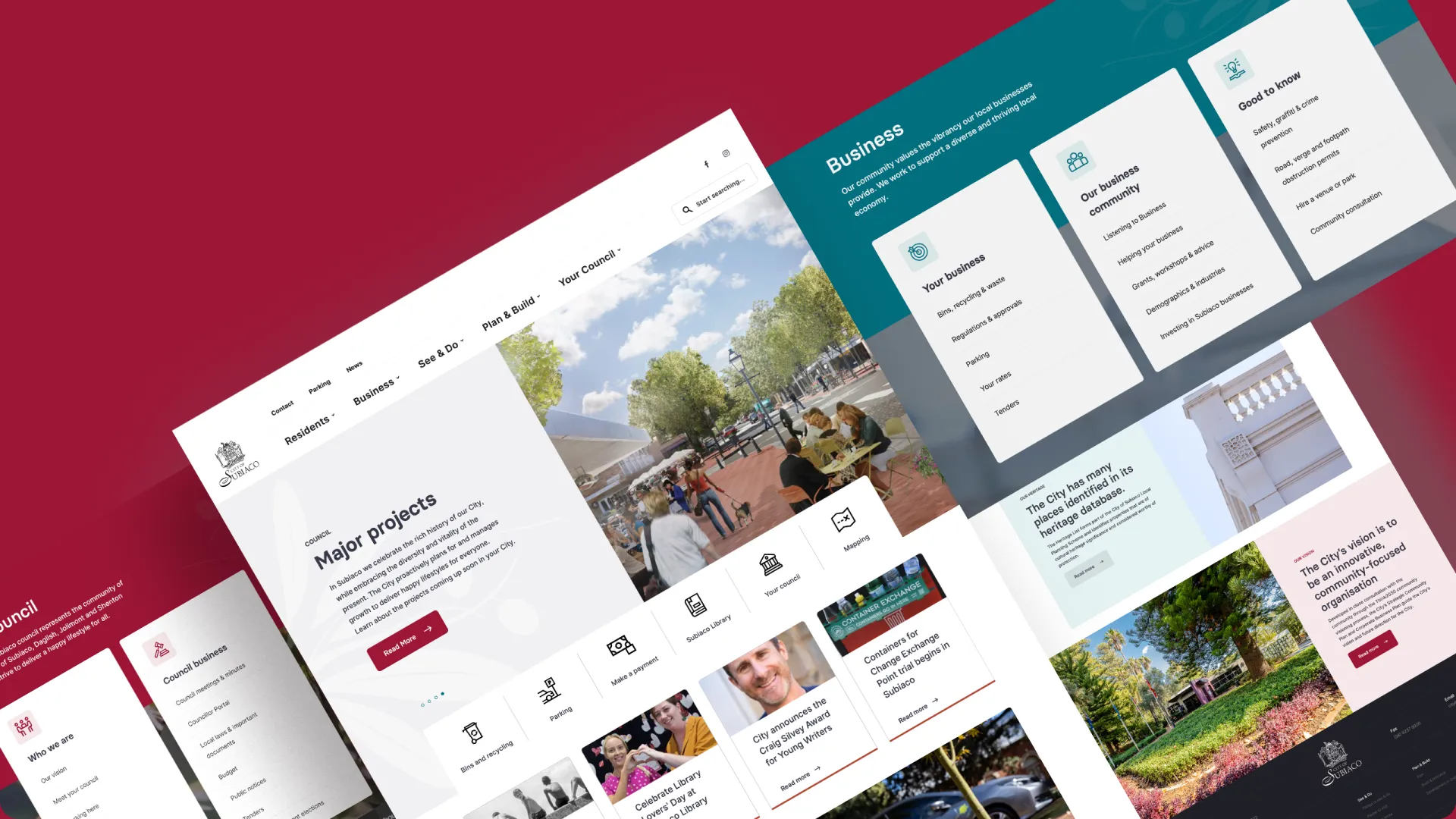
Would you get major dental surgery without an examination first?
Although the answer seems obvious, the discovery phase of the web development process is not seen as essential, but its importance is arguably on the same level as a pre-surgery examination.
This is because it's virtually impossible to determine a digital problem and solution without it.
Much like a surgical examination, skipping the discovery phase is a gamble you cannot afford. Neglecting this crucial aspect undermines the entire project, paving the way for future complications and likely failure. Cutting corners by skipping the discovery phase jeopardises the success of your digital project before it even takes flight.
Understanding The Discovery Phase
Discovery refers to the first step in the website development process and is essential to project success. It is the process of mapping out the goals and requirements of the project, as well as many other variables.
The discovery phase begins with a discovery workshop. This is where all relevant stakeholders attend and discuss project deliverables in detail and involves clear communication and critical analysis from all parties.
There are many reasons why an organisation may begin a digital project. For example, they may be looking for a new website with the aim to increase lead generation, enrolment, or demonstrate a rebranding. Since there are many reasons behind a project, it’s critical that the mission, vision, and goals are clearly identified at the beginning of the project. It is also important to conduct a technical assessment which anticipates requirements needed for the project to maintain security.
Some key questions include:
- How would you describe your brand?
- How does this digital project fit that / support that vision?
- What is your vision for this [digital project]?
- What are the main goals for this [digital project]?

What is The Dapth Discovery Process?
The Dapth discovery process walks clients through project scope, deliverables, timelines, budgets and allocates time for any project questions. The workshop discovery session is scheduled before project commencement because if version control and multiple changes begin post discovery, it can be time wasting and expensive. If goals and scope are not established at the beginning, potential changes can be never ending.
For a website developer, the discovery phase is incredibly important as it facilitates research and analysis to investigate how the digital project can best serve users. It’s important to note that the discovery phase is a process and not a single workshop or meeting, as it goes further than just the initial session.

First Stage: Workshop
This is the discovery workshop which includes the stakeholder team and is where the team discovers and workshops current state vs future state desires. This is where goals and requirements are mapped out, and timelines, budgets and general scope are also agreed upon.
The workshop itself lasts for 90 minutes and includes relevant stakeholders between the client and Dapth team. However, we can schedule longer discovery workshops where necessary, dependent on the project scope and timeline.
We then workshop what the client’s future looks like (where they want their digital solution to take them) – and why. The Dapth way is tech agnostic, so we look at the problem to solve rather than focusing on the technology to achieve this before anything else. For example, if a client stated that they needed a new website, we would then ask which problem/s they are trying to solve. If the problem wasn’t related to building a new website, we would suggest other solutions – a CRM or intranet, for example.
Second Stage: Review
The review stage includes the collation, consolidation, and review of workshop information. The relevant Dapth developer or consultant (dependent on project) will review all workshop information and document findings, noting any required deliverables.
More time is spent collating, consolidating, and reviewing workshop information and proposed deliverables. The consultant, analyst and developer will then review workshop information and document findings, noting any required deliverables. The pathway to this solution will also be mapped out at this stage.
Third Stage: Design and Approach
This is where a refined proposal is defined, and deliverables and requirements are set to achieve project goals. The document will also provide a scope of work and quote defining what is required to be delivered by the Dapth team.
Finally, the solution design and approach are created. The proposal is then refined, with defined concrete deliverables, and requirements needed to achieve goals. The document will provide a scope of work and quote, defining what’s required to be delivered by Dapth.

Why is the Discovery Phase Important?
Discovery allows discussion of the project in detail. It's where the client’s wants and needs can be articulated and understood. Desired capabilities, functionality, objectives, and budget constraints can also be discussed, facilitating aligned expectations and a clear understanding of objectives.
To talk through the project requirements is essential, and it is difficult to accurately determine what the client wants and needs without discovery. It avoids the guessing game that could otherwise occur throughout the project lifecycle.
During discovery, stakeholders can both discuss and identify potential risks associated with the project. By openly addressing obstacles, challenges, and limitations up front, they become easier to solve. This proactive approach ensures the chances of project success and minimises the impact of any unexpected issues at a later stage. From the initial meeting it is much simpler to identify any risks that may arise throughout the project’s lifecycle through a discovery session.
Achieving outcomes is easier in a discovery session because all key staff are present, allowing them to identify potential problems that often arise when discussing the project with stakeholders.
Without discovery, this process can become very ad hoc and disjointed, resulting in multiple parties giving and seeking feedback at different times, confusing each party. You don’t want a never-ending stream of feedback from all directions.
The discovery phase is essential for identifying the scope of the digital project. Without an in-depth discussion and exploration of requirements, it's extremely difficult to define scope. A collaborative discovery phase allows the client to identify features and functionality they want included in the project. This clarity reduces the need for back-and-forth communication and keeps misunderstandings to a minimum.
Discovery facilitates the creation of a shared vision between company and client. It provides time to align understanding on the project's desired outcomes, goals and purpose. Through this collaborative environment, open communication is created. In turn, this ensures all are working towards a common goal together.
Having all stakeholders present in the initial discovery session simplifies setting timelines, coordinating assistance, organising discussions on milestones, critical path activities, and dependencies.
It’s important to ensure all stakeholders are on the same page from the beginning and avoids nasty surprises later. It is also easier to establish the project timeline when everyone relevant to the project is in the initial meeting (from the client and company side).
Discovery leads to the alignment of stakeholders. With project stakeholders having diverse perspectives and responsibilities, it's important to establish a common understanding. This then contributes to a much smoother project execution and team relationship.
By actively listening throughout the discovery phase, the company demonstrates its commitment to understanding and addressing client requirements. Early relationship building and early engagement sets a positive tone throughout the project, laying a strong collaborative foundation.
The Takeaway
While often overlooked, discovery sessions are a crucial starting point in web development. Clients might question their purpose, but a shift in perspective is necessary. Think of the discovery phase like a pre-surgery assessment. Just as surgery requires understanding the issue and if it's truly needed, digital problems demand holistic solutions detached from specific technology.
Like paying for dental or mechanical check-ups, our discovery sessions are an investment reflecting their place and value in the web development process. They tap into our digital knowledge and time.
Are You Ready For a Digital Revolution?
If you are looking to begin a digital project, don’t hesitate to book in a discovery session with us at Dapth and discover why this phase is vital to digital success.


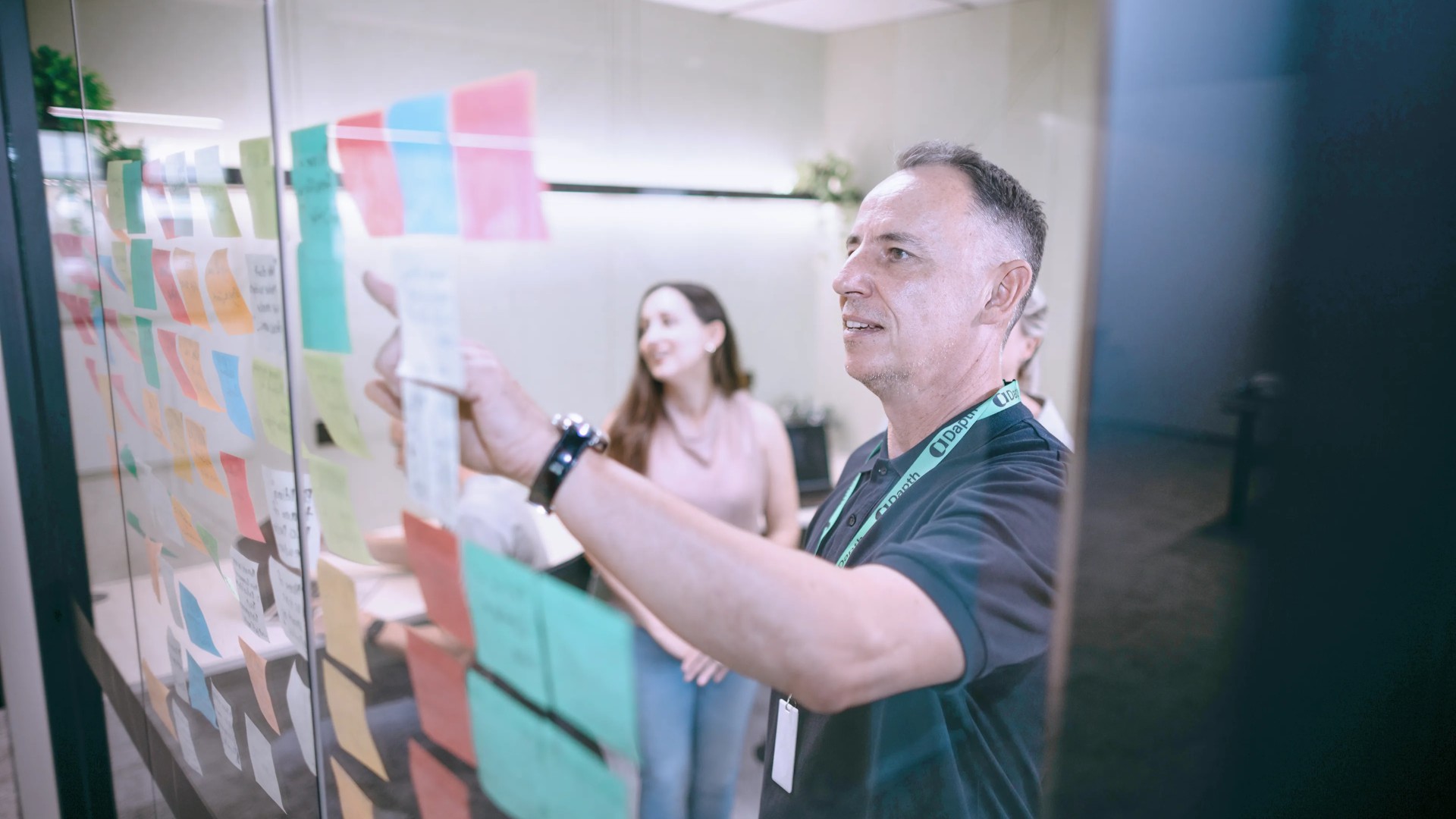
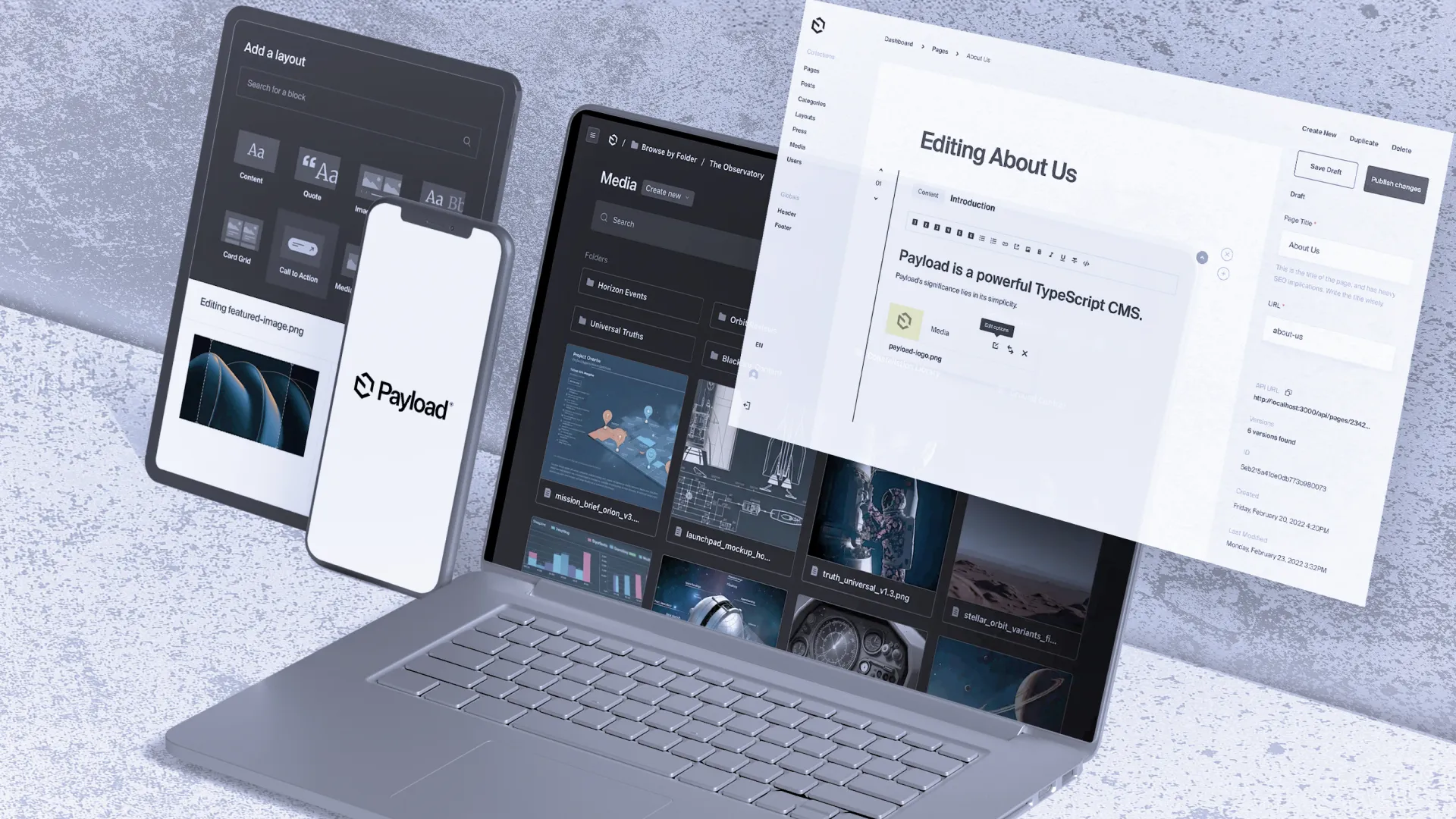

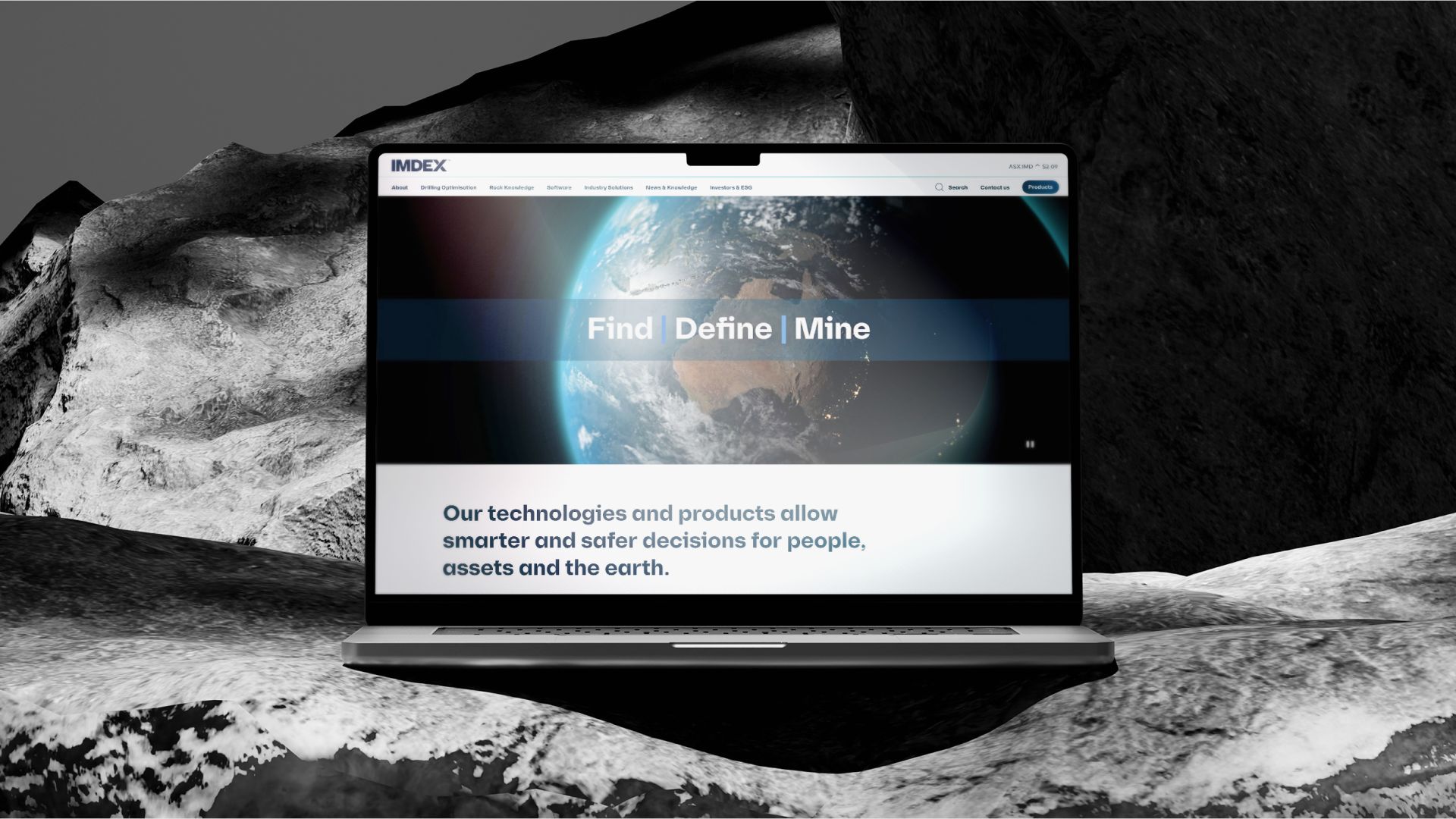
_web.webp)

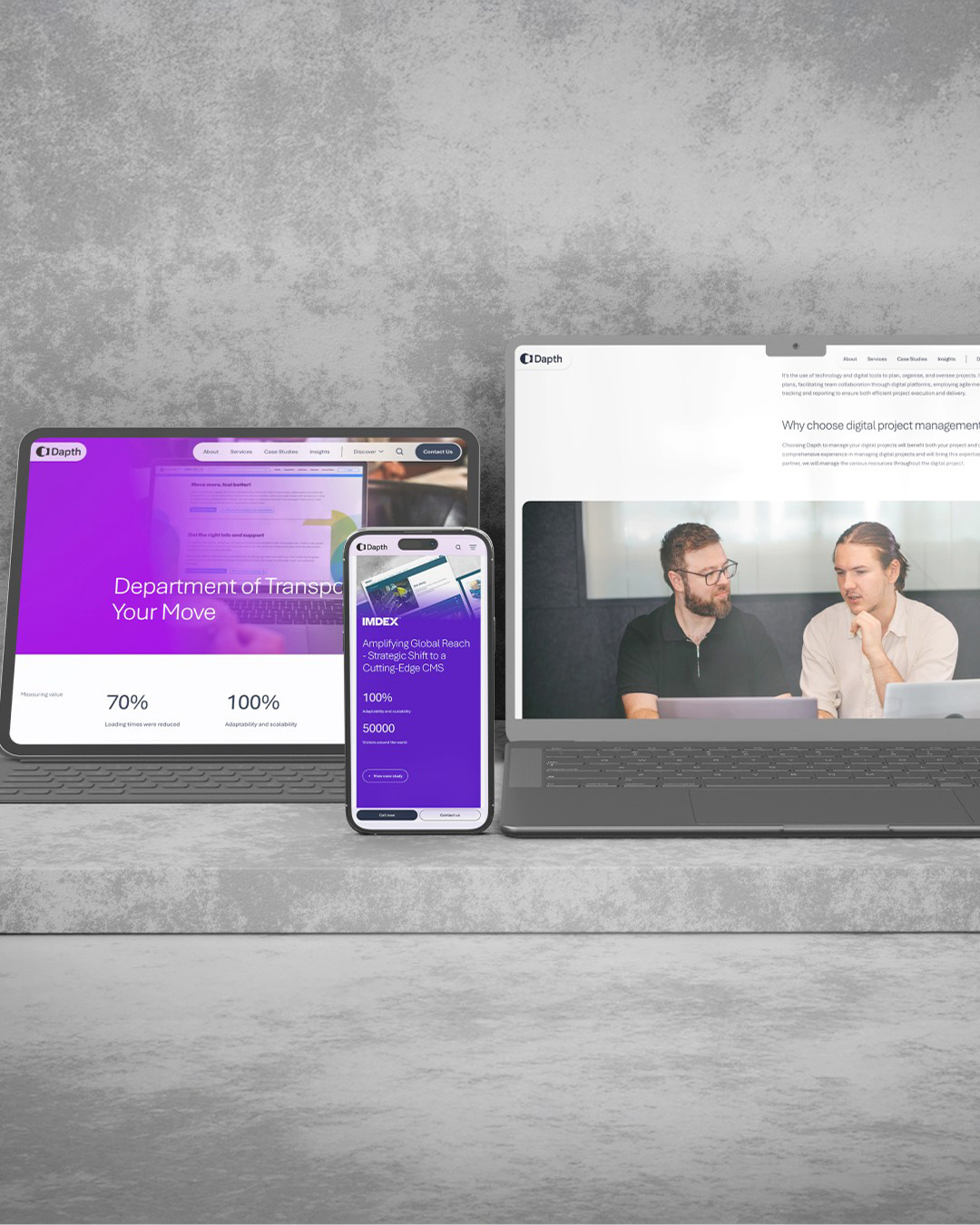



















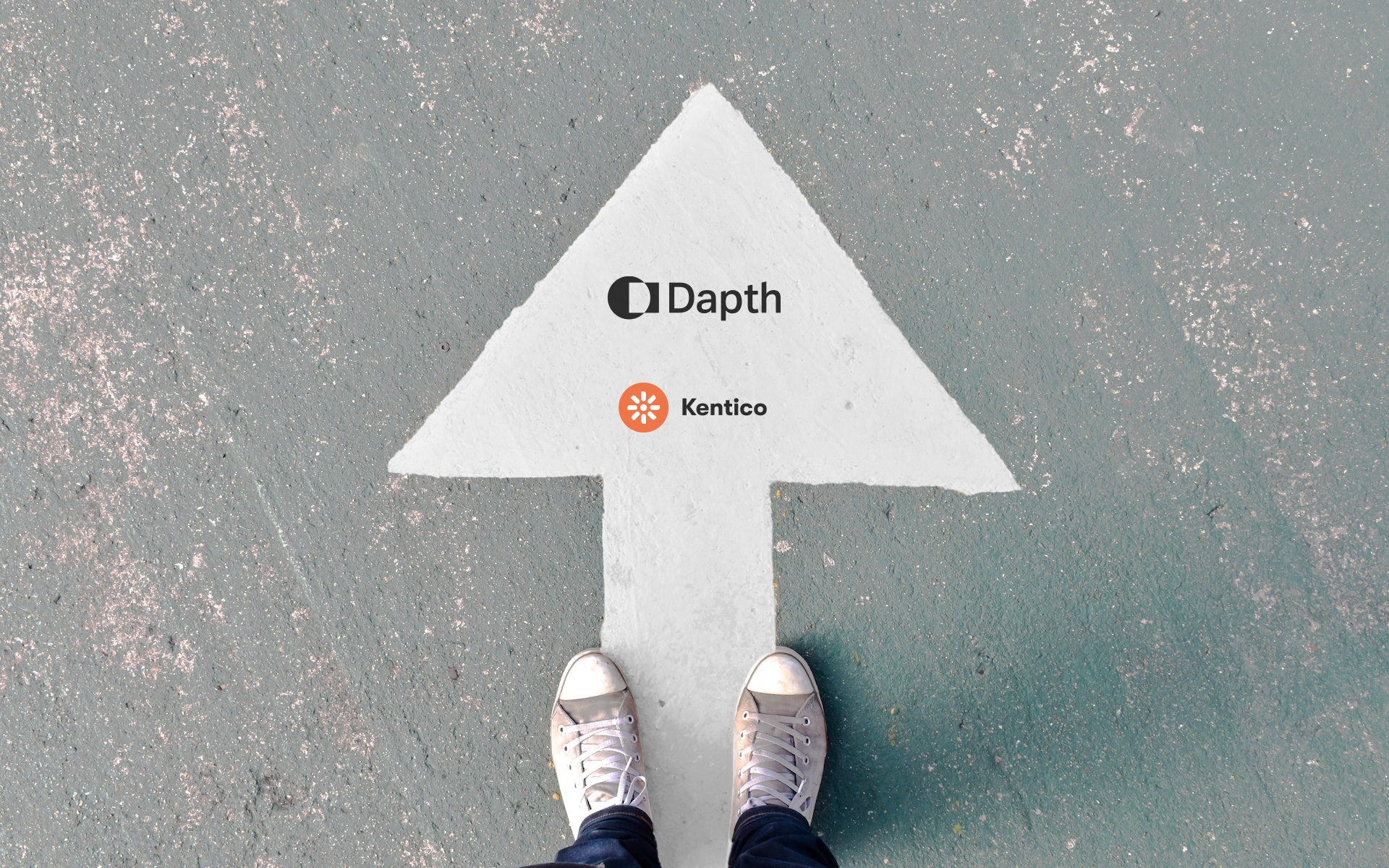



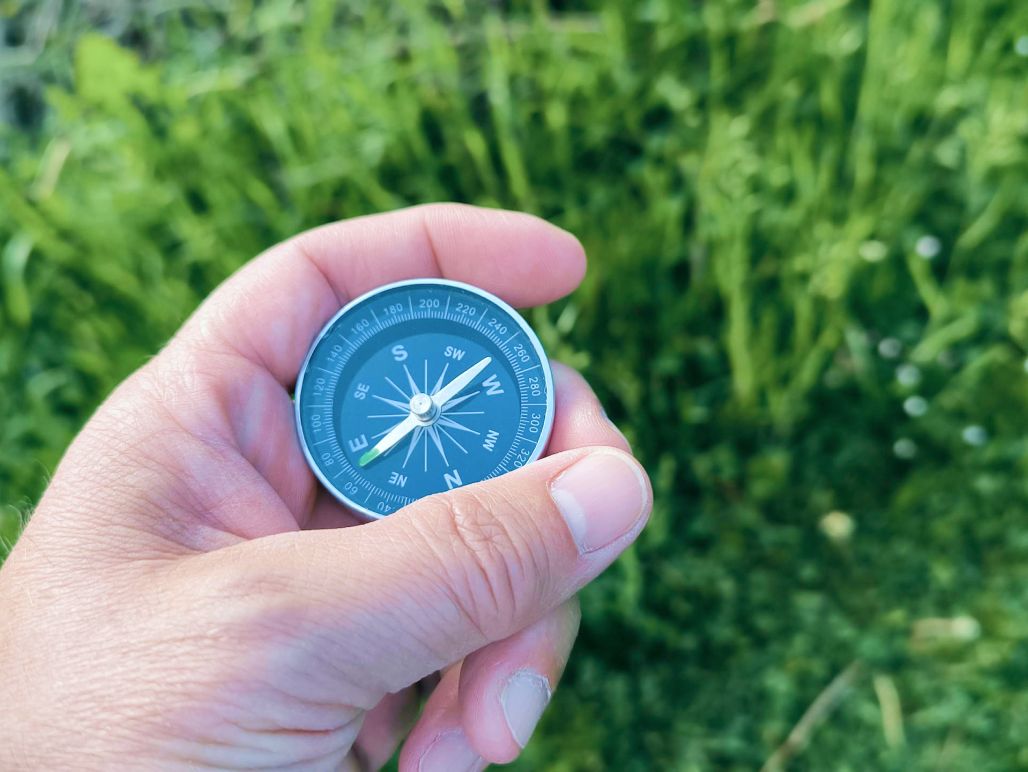








_web.webp)
_web.webp)
_web.webp)



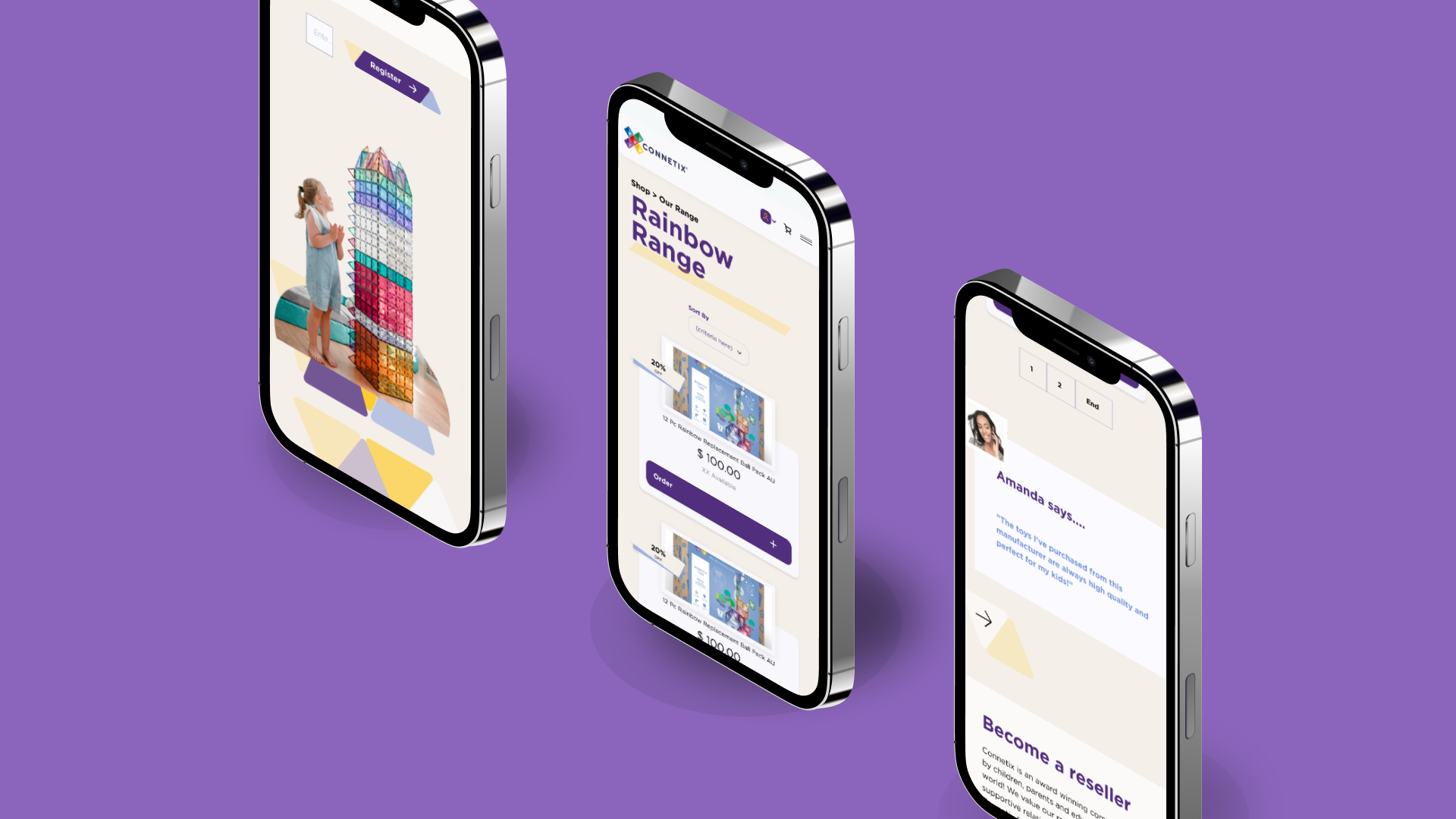

_web.webp)











